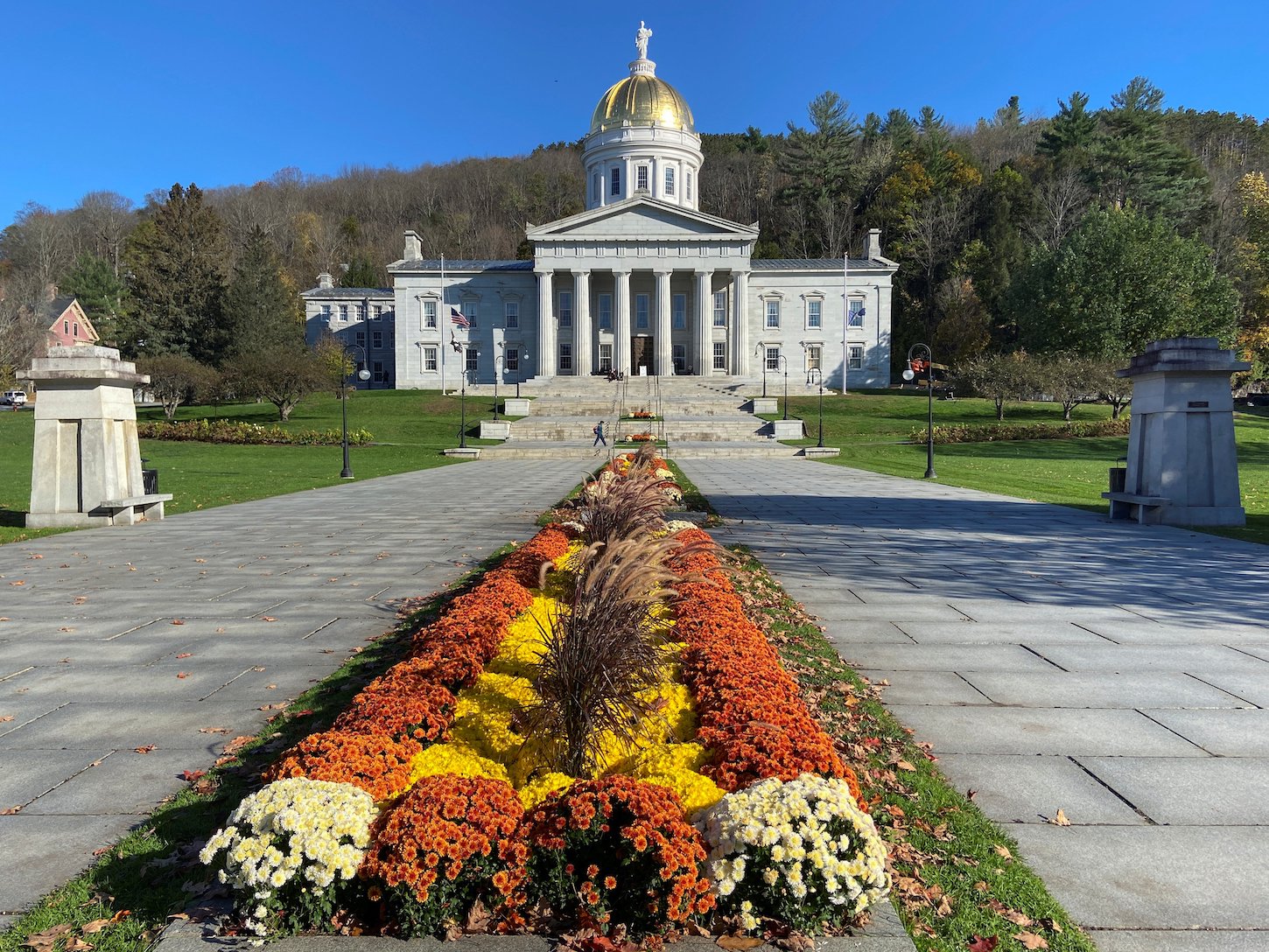WASHINGTON (OSV News) — In the wake of the U.S. Supreme Court overturning Roe v. Wade last year, pregnancy resource centers are becoming the new legal battleground now that abortion is deemed a matter left up to state legislatures.
In a federal suit, the public interest firm Alliance Defending Freedom is suing the state of Vermont over a law, signed in May, that restricts advertising by the centers, considered an alternative to abortion clinics, and prohibits non-licensed health care professionals from working there. Violation of the law could bring fines of up to $10,000.
Vermont has eight pregnancy resource centers, all funded by donors; none receive taxpayer funding. The lawsuit is on behalf of the National Institute of Family and Life Advocates and two centers that are members of the institute: Aspire Now in Williston and Branches in Brattleboro.
Aspire Now uses licensed nurses, and its services include ultrasound testing. Branches, which does not offer ultrasounds, offers over-the-counter pregnancy tests, baby clothes and parenting classes. It is less than a mile from a Planned Parenthood clinic.
Both charge nothing for their services. The lawsuit states that Branches “is in the process of becoming a medical clinic, but that transition will not happen until 2025.”
The advertising ban includes telephone marketing, print media, TV and radio ads, and websites.
‘An unfair and deceptive act’
In a statement, NIFLA’s president, Thomas Glessner, said Vermont’s law “censors the advertisements of the services of pregnancy centers and places immense and unconstitutional restrictions on their ability to provide information, counseling, and other non-medical services.” He accused Vermont Gov. Phil Scott, a Republican, and the allies of the abortion industry of “waving their partisan flags while trampling First Amendment rights.”
Abortion is legal in Vermont at all stages of pregnancy. On May 2, Vermont Attorney General Charity Clark joined an amicus brief in the 5th U.S. Circuit Court of Appeals opposing a Texas court ruling prohibiting the use of the abortion-inducing drug mifepristone. The drug is legal in Vermont.
“It is an unfair and deceptive act and practice in commerce … for any limited-services pregnancy center to disseminate or cause to be disseminated to the public any advertising about the services or proposed services performed at that center that is untrue or clearly designed to mislead the public about the nature of services provided,” states the new Vermont law regarding pregnancy resource centers.
In response the lawsuit says, “The provider restriction harms pregnancy centers by preventing their non-medical staff and volunteers from providing clients with information about their pregnancy options and counseling clients about those options. It also harms pregnancy centers by prohibiting peer counseling.”
Next steps
Bernadette Tasy, a media relations manager for Alliance Defending Freedom, told OSV News that the advertising ban consists of what “the pro-abortion attorney general thinks is misleading.”
The next step in the lawsuit, filed in U.S. District Court for the District of Vermont, will be the state’s response. “Courts are somewhat unpredictable,” acknowledged Julia Payne, an ADF lawyer.
A 2018 Supreme Court ruling in NIFLA v. Becerra struck down the 2015 California Reproductive Freedom, Accountability, Comprehensive Care, and Transparency Act, which proponents said would require pregnancy resource centers to provide women accurate information about birth control and abortion so as not to “intentionally or unintentionally mislead” women coming to these centers. However, pro-life opponents of the law said that it compelled speech and violated their First Amendment rights.
In his statement, Glessner said the 2018 ruling “already settled” the issue at the heart of his organization’s lawsuit against Vermont by “ruling that pro-life pregnancy centers should be free to serve women without unjust government punishment or government interference with their message.”
According to the Charlotte Lozier Institute, as of 2019 there were 2,700 pregnancy centers in the United States.
Citing an article from the CNN website, the lawsuit also asserts that in the first six months following the Supreme Court repeal of the Roe decision, “an estimated 32,000 additional babies have been saved from abortions.”





